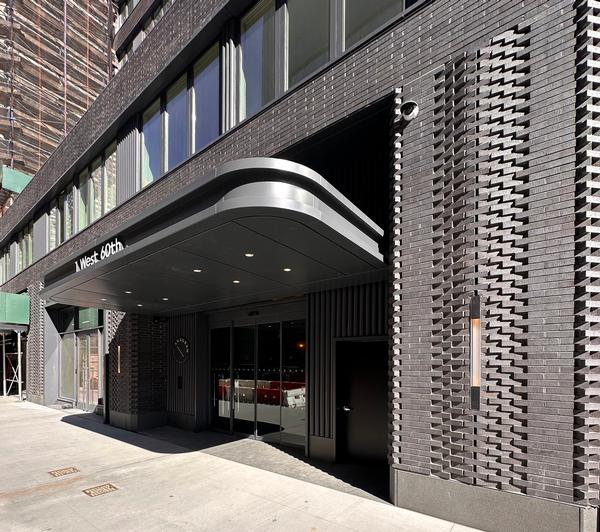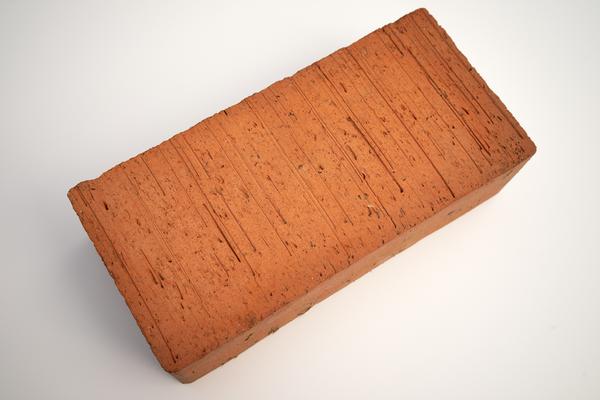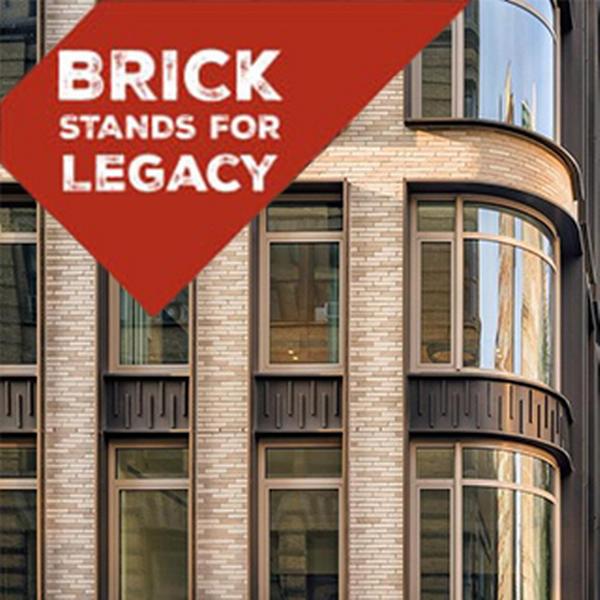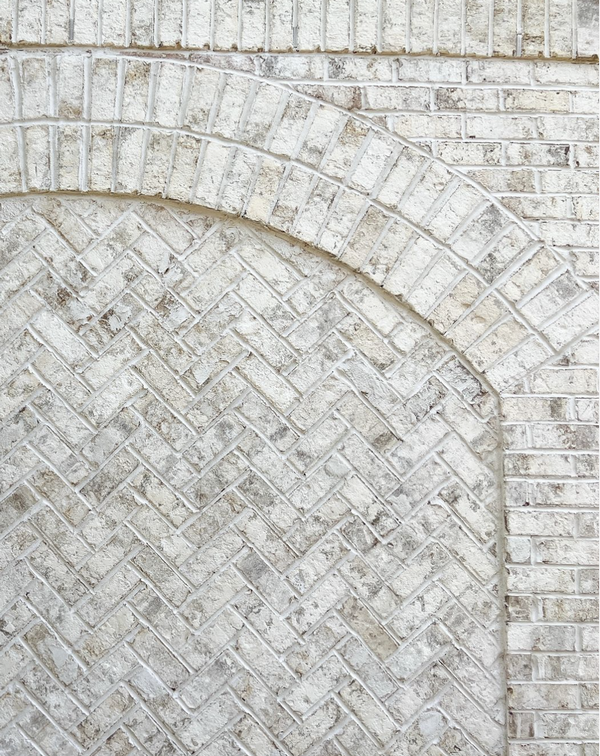Unveiling the brick world: Get insider knowledge, discover industry shifts, and understand what matters to you.
The Brick Industry Association Blog
The Easy Guide to Maintaining Your Clay Brick Exterior (and Interiors!)
Let's explore some easy methods to keep your brickwork looking beautiful!


Brick by Brick: Debunking Myths About Clay Brick in Modern Architecture
We are breaking brick myths one brick at a time.

Mortar
Discover how different mortar colors can completely transform the look of the same color brick!

-

06/27/2024
- Categories:
- Blog
- Tags:
- Aesthetics
- Maintenance
- Brick Benefits
Read More
-

04/15/2024
- Categories:
- Blog
- Tags:
- Aesthetics
Read More
-

By: Briana Otero
| 03/01/2024
- Categories:
- Blog
- Tags:
- Aesthetics
Read More
-

01/04/2024
- Categories:
- Blog
- Tags:
- Aesthetics
Read More
-

03/26/2025
- Categories:
- Blog
- Tags:
- Aesthetics
- awards
- Brick in Architecture Awards
Read More
-

02/14/2025
- Categories:
- Blog
- Tags:
- Brick Benefits
Read More
-

11/12/2024
- Categories:
- Blog
- Tags:
- Brick Benefits
Read More
-

09/27/2024
- Categories:
- Blog
- Tags:
- Brick Benefits
Read More
-

09/24/2024
- Categories:
- Blog
- Tags:
Read More
-

08/27/2024
- Categories:
- Blog
- Tags:
- Brick Benefits
Read More
-

08/04/2024
- Categories:
- Blog
- Tags:
- Aesthetics
- Brick Benefits
Read More
-

07/11/2024
- Categories:
- Blog
- Tags:
- Aesthetics
- Brick Benefits
Read More
-

06/03/2024
- Categories:
- Blog
- Tags:
- Historical
Read More